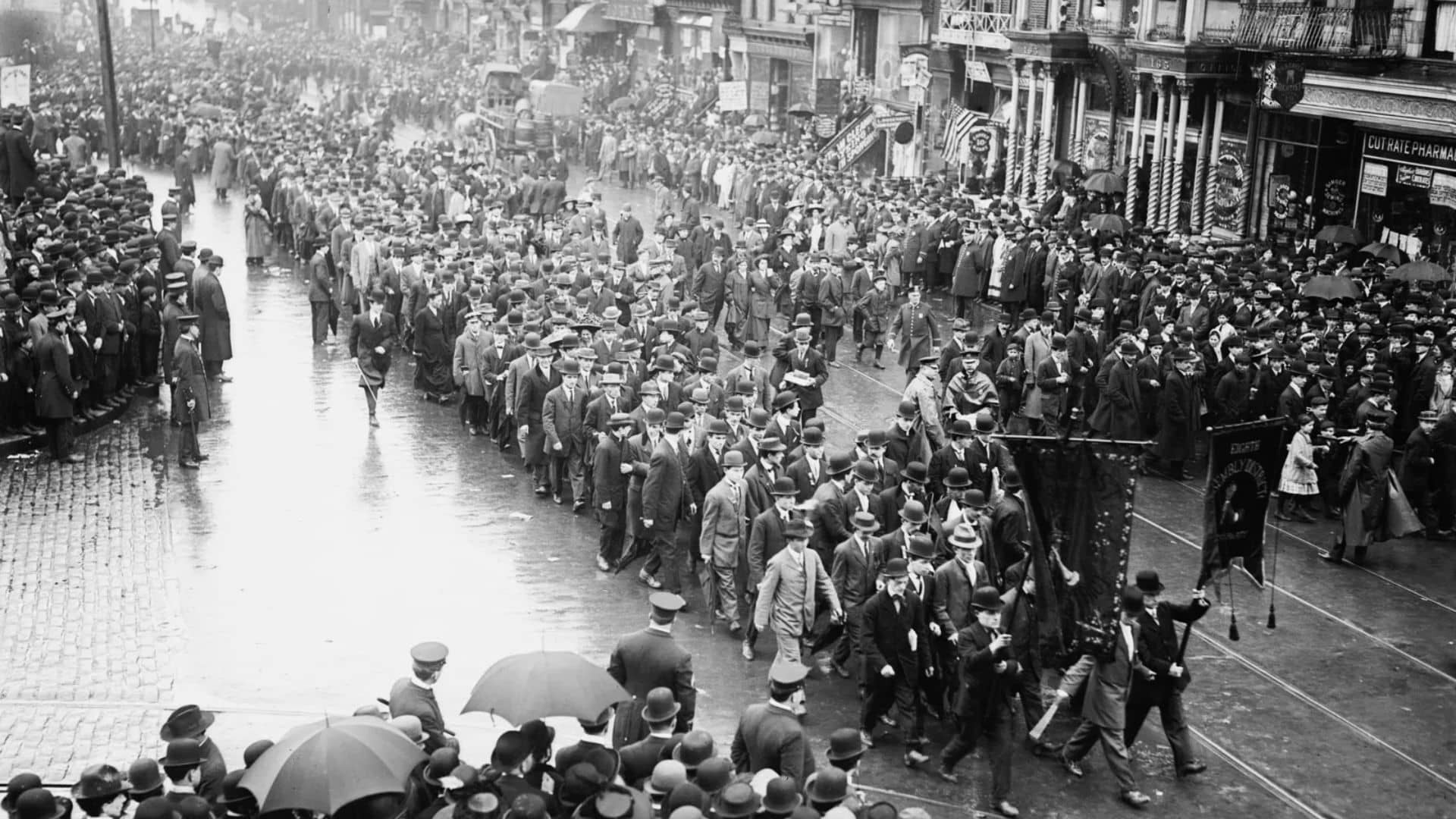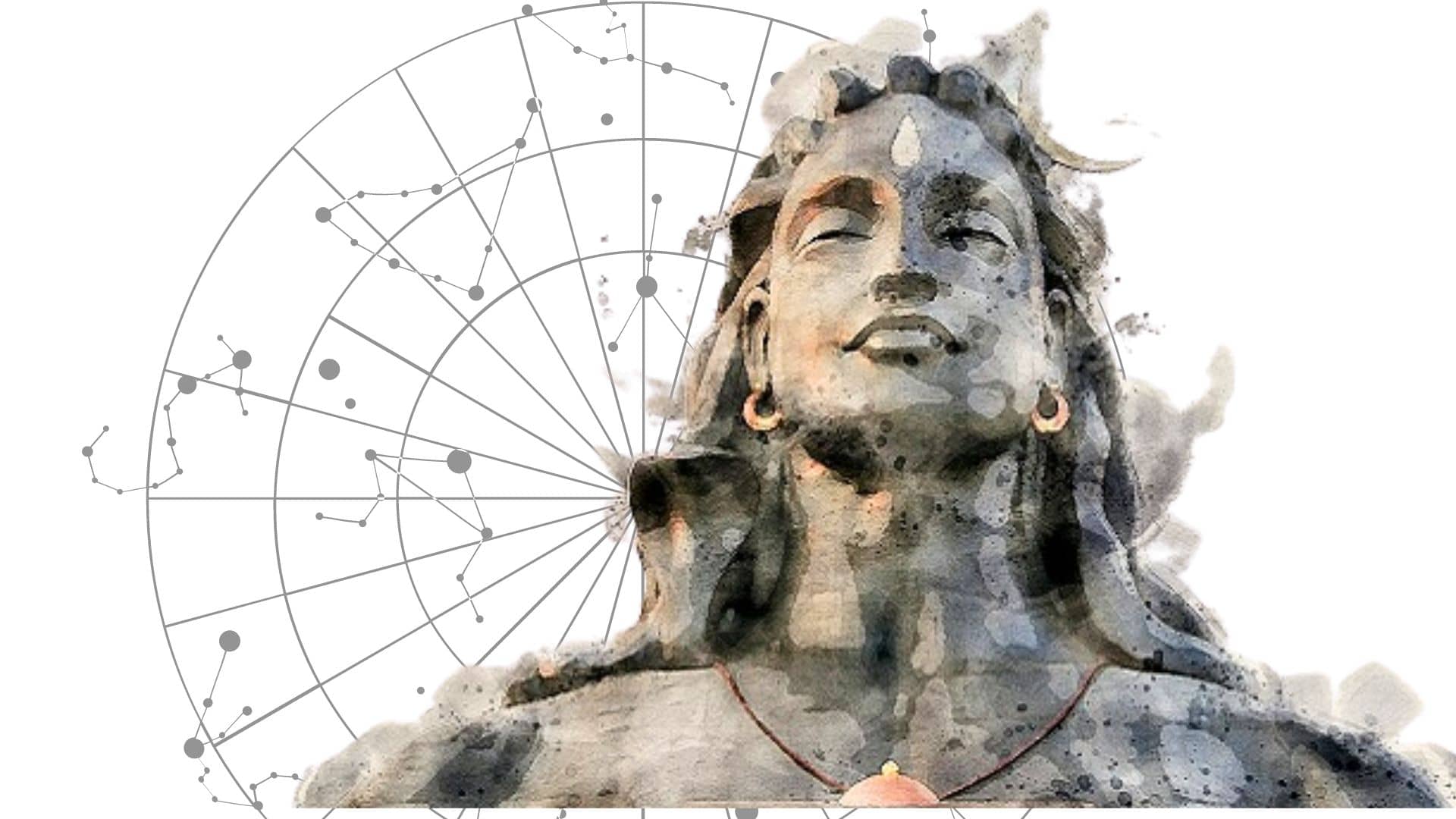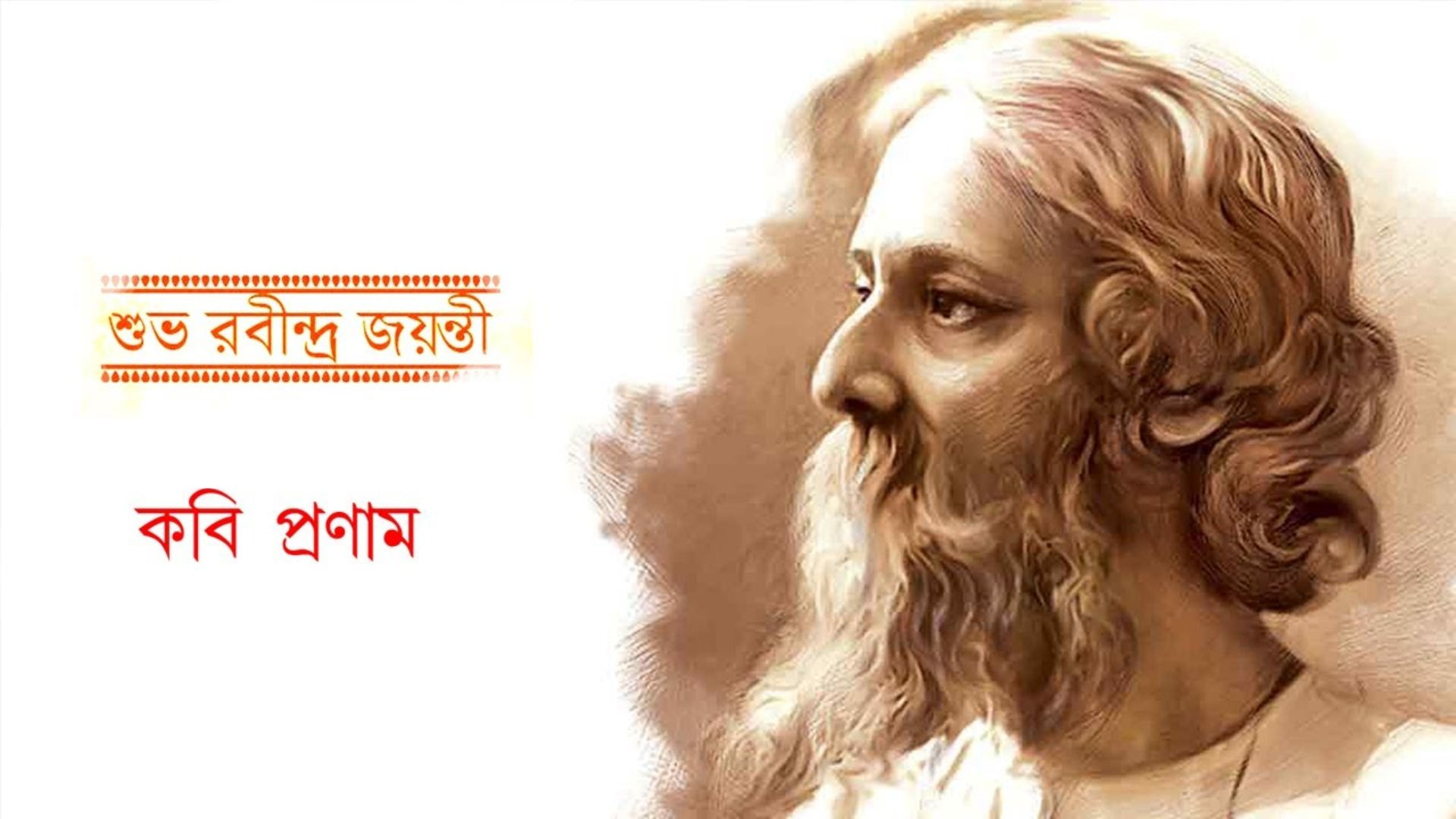Being a Bengali persona, I do wait eagerly for Durga Puja every year. And, this is not only my story but also the story of every Bengali who loves, rejoices, and boasts of rich Bengali culture. Though, today I am going to share something different. It belongs to Durga Puja Asthami but caters to the different forms of deity Durga worshiping on Asthami/Navratri Ashtami along with the myths of Mahaasthami.
Let Us Resume the Myths of Durga/Navratri Ashtami One by One:
1️⃣ Durga Asthami
Durga Asthami is the eighth day of Devi Paksha starts after Mahalaya. This day is of Durga Puja is celebrated with high fervor in every corner of West Bengal. The great and auspicious Sandhi Puja and Kumari Puja are performed on this day.
2️⃣ Navratri Asthami
Durga Puja or Navaratri is celebrated in high spirits in different parts of India. It is said that on this day the Maha Gauri avatar of Maa Durga is worshiped. Devotees worship Devi Durga to gain intelligence and sustain peace in life. it is preferred to wear a pink dress by devotees to please Maa Durga and to gain a boon from her.
3️⃣ Celebration of Women Power & Astra Puja
The day of Durga Asthami is celebrated with grace, devotion, and full passion beyond doubt. In some parts of India (Telangana, Rajasthan, and in Sikhism) on the day of Asthami and Navami, the weapons are worshiped during Durga puja (called Astra Puja). Maa Durga used weapons to defeat and kill the buffalo demon Mahisasura and weapons symbolize masculinity. Hence, the day Asthami is auspicious to celebrate the masculine strength within women and depicts that women can do everything to win over evil and save the righteousness of society as well as the earth.
4️⃣ Ritual of Sacrifice
According to Hindu tradition, devotees have to offer sacrifice to please Maa Durga. Ever since animal sacrifice is forbidden in Hindus; symbolic sacrifice is offered to Maa Durga in cutting vegetables like white pumpkin, cucumber, gourd, or sugarcane during Sandhi Puja.
5️⃣ Sandhi Puja:
Sandhi Puja or Pujan is one of the auspicious and indispensable parts of Durga Puja in West Bengal. According to Sastra, the last 24 minutes of Asthami tithi and the first 24 minutes of Navami tithi are called the Sandhi puja tithi or Sandhikshan. Following the legend, Devi Durga had slain Chand and Mund during this Sandhikshan and took the avatar of Mata Chamunda. It is said, the devotee who keeps fast to offer puspanjali (offering flowers) to Maa Durga during Sandhi Puja earns great blessings of worshiping Maa Durga. His or her wishes are fulfilled and he or she gets a blessing for prosperity, health, and security from Devi Durga.
6️⃣ Kumari Puja
On the day of Ashtami of Durga Puja or Navaratri, devotees perform Kumari puja before breaking their fast. It is said to worship girls (who do not reach puberty)on an odd number. In West Bengal, girls are dressed just like Devi Durga and worshiped with flowers, and bhog. According to Navaratri puja bidhi, nine girls (below puberty) are worshiped and then fed with fruits and sweets and presented new clothes.
To conclude
If you believe, you can see Maa Durga in every woman. A woman can reach any extend to save his family and children as Maa Durga did to save the earth and her pupils from the oppression of demons from time to time. hence, celebrating Durga Puja is not only to worship the divine deity Devi Durga but to celebrate the empowerment of women that a society needs to grow and stay secure.
“Ya Devi Sarva Bhuteshu, Shanti Rupena Sangsthita
Ya Devi Sarva Bhuteshu, Shakti Rupena Sangsthita
Ya Devi Sarva Bhuteshu, Matri Rupena Sangsthita
Yaa Devi Sarva Bhuteshu, Buddhi Rupena Sangsthita
Namastasyai, Namastasyai, Namastasyai, Namo Namaha”
Meaning: Goddess Devi Durga is omnipresent as a universal mother. She is omnipresent as the epitome of power and emblem of peace. She resides all over the places and in all living beings as astuteness and exquisiteness. We bow to her again and again.



